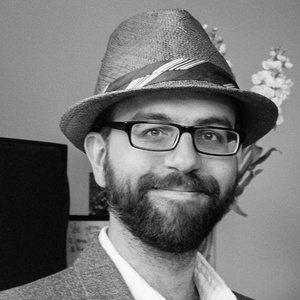We will discuss the importance of cognitive speed, defined here as the rate in which an idea can be translated into code, and why the Tidyverse excels in this domain. We will demonstrate this idea in relation to a suite of tools we were required to rapidly develop at the British Red Cross in order to respond effectively to the COVID-19 pandemic. To do this, we will exhibit how elements of the unifying design principles outlined in the ‘tidyverse design guide – Tidyverse team’ relate to the notion of cognitive speed, giving specific examples for various design considerations. We believe this talk will encourage reflection on better design practices for future R developers, using the design principles of the tidyverse as the guiding beacon.

Dr. Matt Thomas is Head of Strategic Insight and Foresight at the British Red Cross. Matt's team aims to help the Red Cross become more anticipatory and proactive by producing insights and tools including the Vulnerability Index (https://britishredcrosssociety.github.io/covid-19-vulnerability/) and Resilience Index (https://britishredcross.shinyapps.io/resilience-index/). He holds a PhD in Evolutionary Anthropology and, prior to joining the British Red Cross, was researching topics including reindeer herders in the Arctic, hunter-gatherers in the Philippines, and witches in China. Outside of work, Matt writes a column for an anthropology magazine (https://www.sapiens.org/column/machinations/) as well as fiction.

Mike Page is a data scientist on the Strategic Insight and Foresight team at the British Red Cross. Here, he helps to develop a suite of open source tools and dashboards including the Vulnerability Index (https://britishredcrosssociety.github.io/covid-19-vulnerability/) and Resilience Index (https://britishredcross.shinyapps.io/resilience-index/). Mike is also the author of several R packages including mortyr and newsrivr. In his spare time you can find him rock climbing around the Alps.